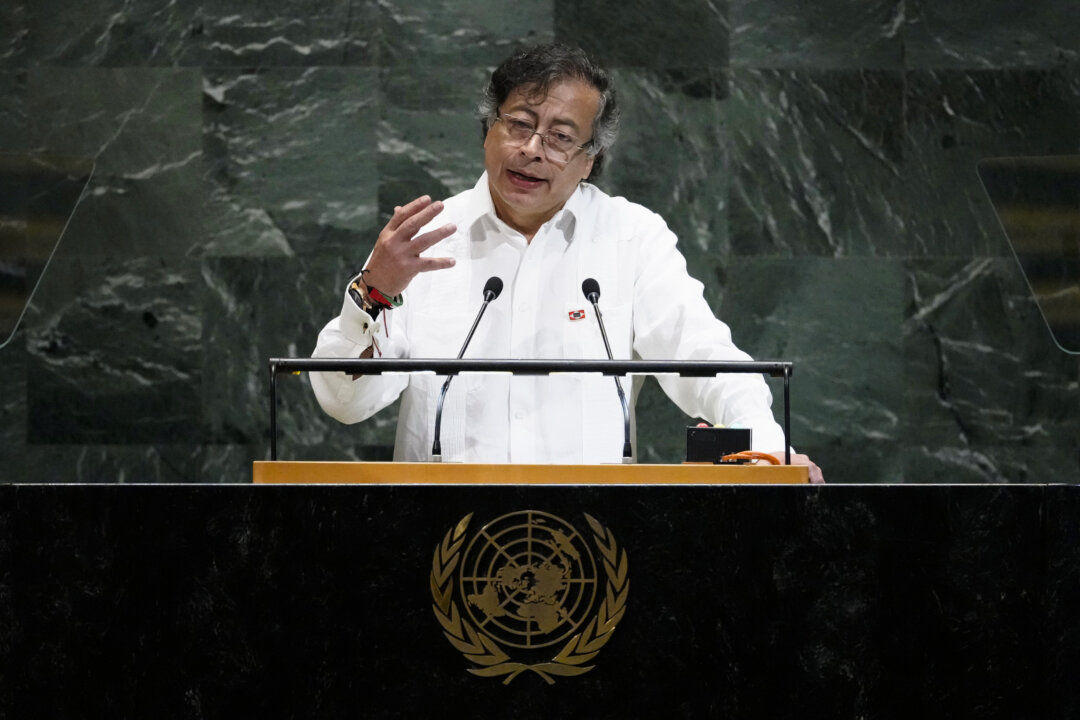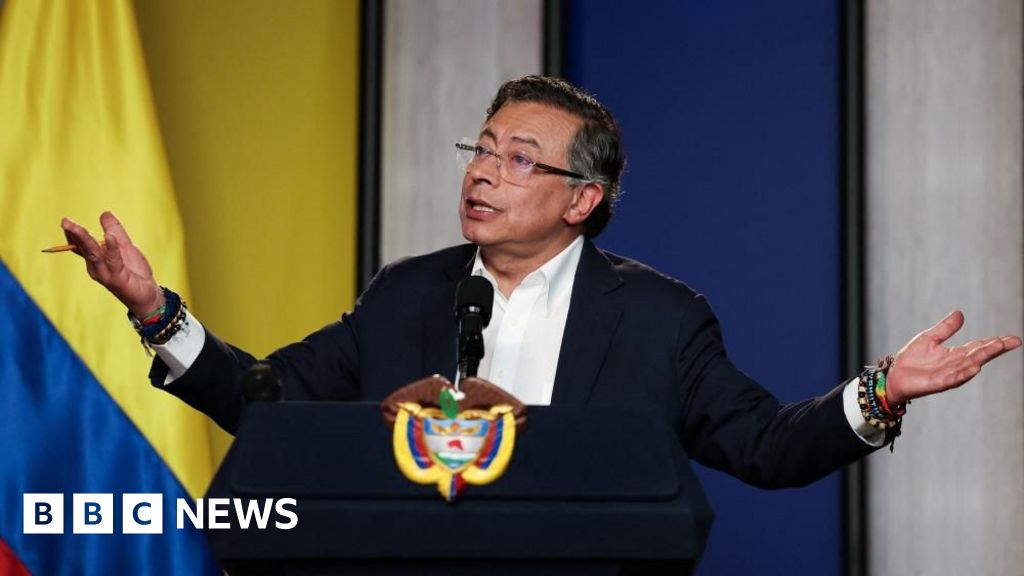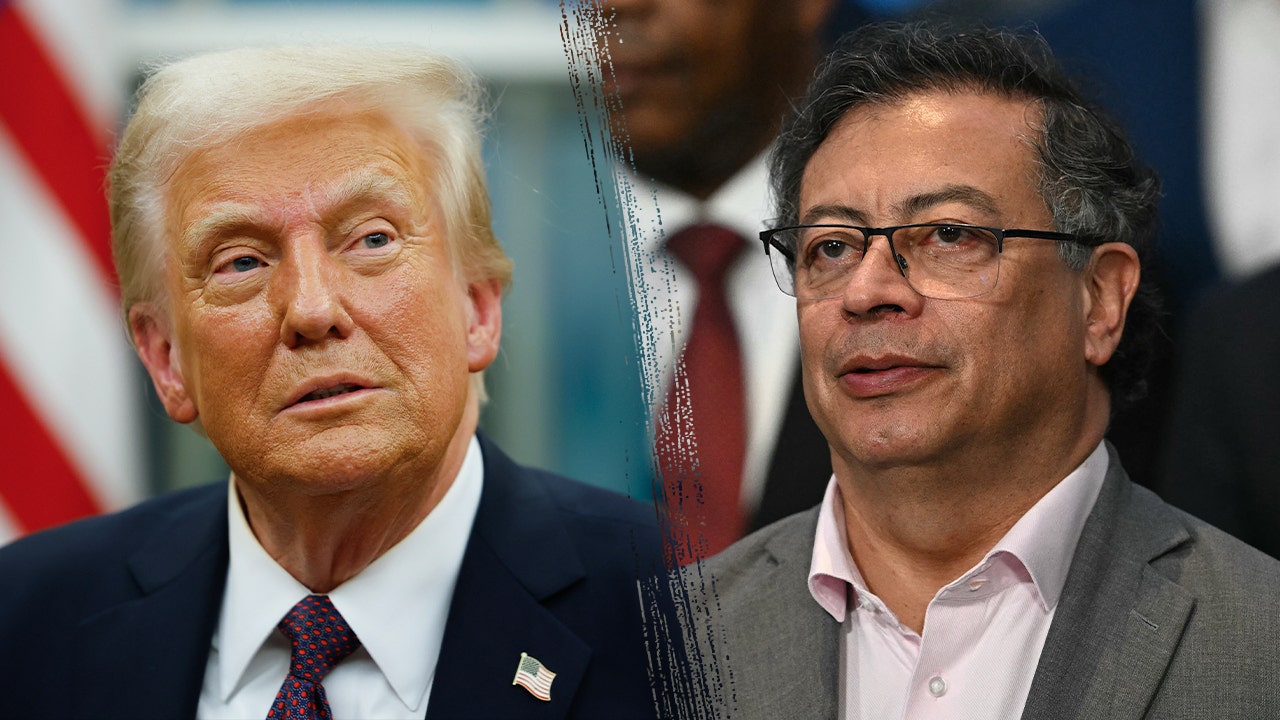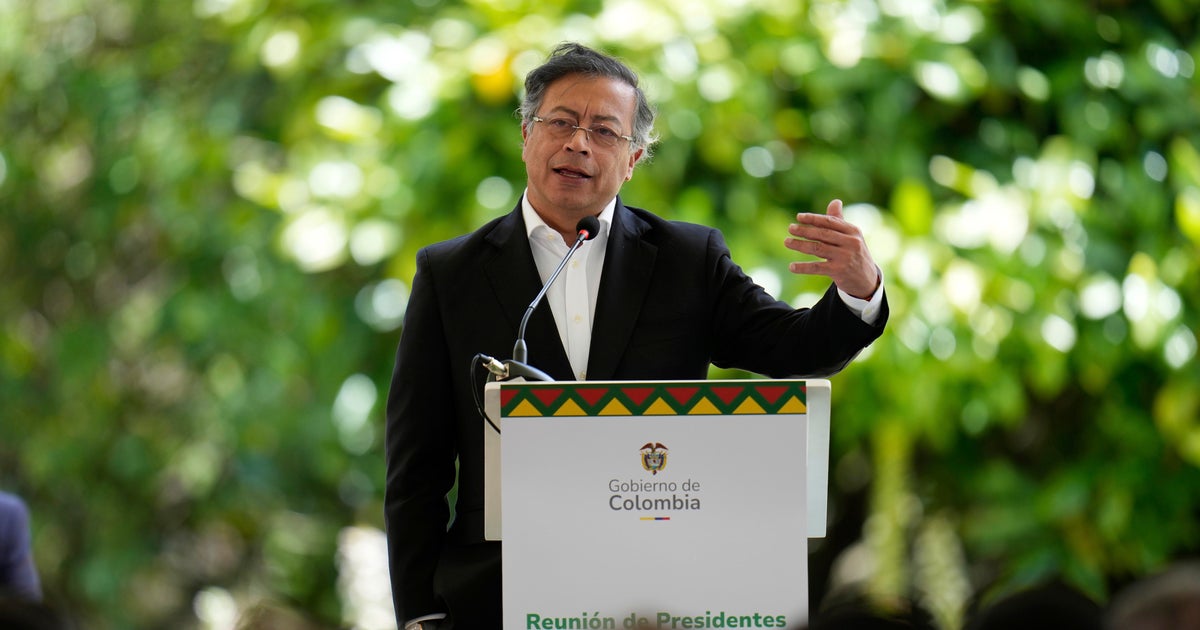US Imposes Sanctions on Colombian President Gustavo Petro Over Drug Trafficking Allegations
The United States has imposed sanctions on Colombian President Gustavo Petro, his family, and government officials due to allegations of drug trafficking and surging cocaine production in Colombia.
Subscribe to unlock this story
We really don't like cutting you off, but you've reached your monthly limit. At just $5/month, subscriptions are how we keep this project going. Start your free 7-day trial today!
Get StartedHave an account? Sign in
Overview
- The United States has imposed sanctions on Colombian President Gustavo Petro, his family, and government officials, citing drug trafficking allegations and a surge in cocaine production.
- These sanctions include freezing President Petro's access to US assets and barring transactions with US entities, with threats of suspending payments and cutting foreign aid.
- The US Treasury, led by Secretary Scott Bessent, alleges President Petro has failed to control Colombia's cocaine industry and protected criminal groups, allowing cartels to flourish.
- President Petro has criticized US military strikes on alleged drug boats, accusing the US of killing innocent civilians and labeling them 'murderers' in response to their actions.
- Amid escalating tensions and drug trade allegations, the U.S. is deploying an aircraft carrier strike group to waters off Latin America, signaling a heightened response to the situation.
Report issue

Read both sides in 5 minutes each day
Analysis
Center-leaning sources frame this story by prioritizing the US government's narrative regarding sanctions on Colombian President Gustavo Petro. They emphasize US accusations of his failure to curb drug trafficking, detailing official statements and the perceived severity of the issue. Petro's denials and counter-arguments are included but given less prominence, creating a narrative that largely aligns with the US's critical stance.
Articles (7)
Center (3)
FAQ
The US has frozen President Petro's access to US assets, barred transactions with US entities, and threatened to suspend payments and cut foreign aid to Colombia.
Petro is alleged to have failed in controlling Colombia's cocaine industry, provided benefits to narco-terrorist organizations under his 'total peace' plan, protected criminal groups, and allowed drug cartels to flourish, leading to record highs in coca cultivation and cocaine production.
Colombia accounts for over 67% of the world's coca leaf crops and experienced a 50-53% increase in cocaine production in recent years, contributing heavily to a global cocaine production record of 3,708 tons in 2023—about a 34% increase from the previous year.
The US has responded by imposing sanctions on Colombian officials, accusing Petro of failing to control drug trafficking, and deploying an aircraft carrier strike group to waters off Latin America as a sign of a heightened military response.
Cocaine trafficking generates annual revenues estimated at $15.3 billion, equivalent to 4.2% of Colombia's GDP, comparable to major legal sectors such as construction, highlighting the drug trade's deep economic impact.
History
- This story does not have any previous versions.






